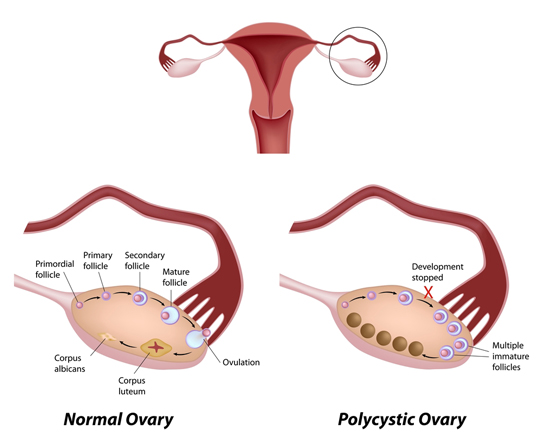Is Your Heart Failing?
April 28, 2022 Return

Professor John McMurray British Heart Foundation Cardiovascular Research Centre, University of Glasgow, UK
How do you end up with heart failure?
When your heart fails, it fails because something happened in the past that damaged your heart muscles. Heart attack is the main cause of heart muscle damage. The coronary arteries – arteries that bring blood to the heart muscle – become narrowed or blocked leading to a heart attack. Basically, as the blood supply to that part of the heart muscle is cut off, it causes heart muscle damage.
Signs of heart failure may appear anytime from a week to many years after an episode of heart attack depending on the extent of the heart muscle damage. “Patients may notice they start to get breathless when they are doing things. They may notice their ankles starting to swell and that’s when they have developed heart failure,” says Prof McMurray.
There are other causes of heart damage such as genetic abnormality, drinking too much alcohol and some anticancer medications.
What to do?
“The first thing is to make the diagnosis. A patient will usually present with breathlessness and swollen ankles,” says Prof McMurray. You have to recognise that these symptoms are not just part of getting older or becoming unfit. You have to see your doctor.
Your doctor will ask you questions relating to your health and examine you for signs of heart failure. When he suspects that you have heart failure, he will refer you to a cardiologist.
The cardiologist will do further investigation including echocardiography, which is an ultrasound scan of the heart. As soon as heart failure is confirmed, you will be prescribed medications, i.e., an ACE inhibitor, a beta-blocker and a mineralocorticoid receptor antagonist. Before these medications were available, patients with heart failure were three times more likely to die within 1 year, says Prof McMurray.
He elaborates that the medications will make patients feel better, make them much less likely to be admitted to the hospital and will increase their survival. He adds that there is a new improved treatment, which is currently under regulatory review.
Patients with heart failure require life-long treatment. If they stop taking the treatment, they will deteriorate and unfortunately, may die, he explains.
The heart failure medications are well-tolerated even though they have side effects such as low blood pressure, which causes dizziness or light-headedness, and slight worsening of kidney function. Generally, patients can remain on these medications because they feel better and they know that treatment is their best chance of remaining alive and well in the future. “Identifying heart failure early and treating it promptly can make an enormous difference,” says Prof McMurray.
If you like this article, do subscribe here.






